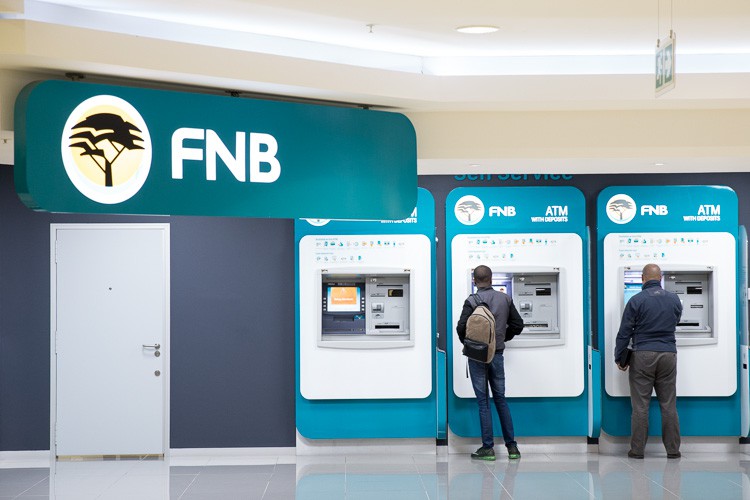FNB should fix The Big Issue fraud
If FICA cannot prevent this kind of fraud then its use is questionable
There is scant information on who the recipients are of R600,000 in payments made from The Big Issue’s Standard Bank account to an FNB account. Archive photo: Ashraf Hendricks
The Big Issue is a non-profit magazine that is sold on street corners by people who are either homeless or on the precipice of homelessness. It is a well-known, much-loved brand. It is facing closure. FNB can stop that from happening.
As explained in an article we published today:
“On 6 June, The Big Issue received an email purporting to come from their printers, saying the printers were changing their bank account and sharing an FNB account verification letter, which was fake. Over the next three months, R600,000 was paid into this fraudulent account from The Big Issue’s Standard Bank account. The error was discovered on 6 October. By then it was too late.”
Of course such fraud should not have been able to happen, and The Big Issue needs to strengthen its internal controls to ensure it does not recur. But it is FNB’s handling of the matter that troubles us more.
Anyone with a bank account has experienced the annoyance of the Financial Intelligence Centre Act (FICA) in which we have to prove to our bank who we are and where we live. Sometimes this is so invasive that a bank will send its employees to our home to verify we really live there.
ABSA’s website explains the purpose of FICA:
“South Africa introduced FICA in 2001 to help fight financial crimes such as money laundering, the financing of terrorist activities, and to protect banking customers from such crimes.”
Most of us, with considerable justification, have considered FICA to be yet another piece of pointless bureaucracy that invades our privacy and wastes our time.
In our article today, Roshan Jelal, Head of Fraud at FNB, says accounts which are opened legally can later be used for “nefarious purposes”.
He states: “Fraudsters use stolen or synthetic identities to open bank accounts, or syndicates employ the services of mules who are properly authenticated and verified, and these can delay the detection and closing down of fraudulent accounts.”
He promises that FNB will assist the police.
This is not good enough and we’re not holding our breath for the police or FNB to recover the money.
FNB appears unwilling or not capable of tracing who the bank account belongs to, where the money went, nor with assisting with the recovery of the money. This increases our scepticism about FICA’s usefulness. It is one of those laws that honest people grudgingly adhere to and crooks easily circumvent.
R600,000 wouldn’t even tickle FNB. But it may keep The Big Issue in business. If FNB can’t help reverse these fraudulent transactions, it should at least donate the lost money to The Big Issue.
Support independent journalism
Donate using Payfast

Don't miss out on the latest news
We respect your privacy, and promise we won't spam you.
Next: South Africans are living longer, mostly thanks to HIV treatment
Previous: Electoral Commission joins alarm calls: Concourt ruling on election case is urgent
© 2023 GroundUp. This article is licensed under a Creative Commons Attribution-NoDerivatives 4.0 International License.
You may republish this article, so long as you credit the authors and GroundUp, and do not change the text. Please include a link back to the original article.
We put an invisible pixel in the article so that we can count traffic to republishers. All analytics tools are solely on our servers. We do not give our logs to any third party. Logs are deleted after two weeks. We do not use any IP address identifying information except to count regional traffic. We are solely interested in counting hits, not tracking users. If you republish, please do not delete the invisible pixel.

